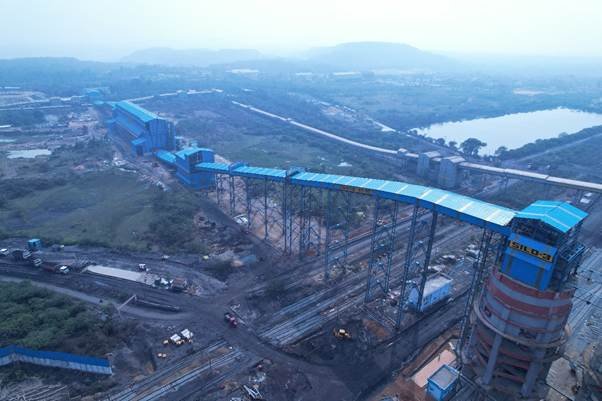India among drivers of global economy, Narendran
Thirty one percent of companies in India are considering a different organisational structure, according to key findings of a joint study by Willis Towers Watson (NASDAQ: WLTW) and Confederation of Indian Industry (CII).
The top five drivers for considering this change include creating a performance-driven culture (49%), meeting changing customer demands (41%), supporting change in strategy (36%), changing the behavior and mindset of the workforce (34%) and cutting costs (30%).
Polling more than 100 organisations, with almost half at Chief Experience Officer (CXO) levels, the study, titled “Willis Towers Watson – CII Study on Organisation Structures in India”, analyses if and how current organisational structures in India are aligned to growth-enabling business strategies.
It also examines a range of indicators of any impending challenge that could arise due to ineffective and misaligned structures.
Commenting on the study findings, T V Narendran, CEO & Managing Director, Tata Steel Limited, said “Today, India is counted amongst the countries that will drive the global economy. Given the rapidly changing work and workforce related dynamics, it is reassuring to note that as many as one in three companies in India are reevaluating the compatibility between their growth strategy and current organisation structure.”
“This is a progressive step that would enable companies to drive growth, mitigate risks and institute strong governance structures,” said Narendran, who is also the Chairman, CII National Committee on Leadership.
Many factors, both direct and indirect, lead organisations to change their business model and growth strategy.
The study found that 61% of the organisations are considering expanding their products/services portfolio; 42% are considering geographic expansion; while, 13% are considering merging with or acquiring another company.
Stating the top challenges resulting from an unsuitable organisation structure, respondents identified a lack of adequate functional experts, greater focus on meeting functional goals instead of customers/organisation wide goals, being middle management heavy and lack of innovation.
Sambhav Rakyan, Head of Talent and Rewards, Willis Towers Watson India, said “Organisations today face significant challenges understanding the implications and risks associated with the future of work. Today’s most in-demand occupations or specialties did not exist 10 years ago and so it’s simply not realistic for organisations to continue with traditional organisation structures.
“The future of work is driving companies to redesign their organisation structures to be nimble and flexible to cater to the speed of change. This is the right time for organisations to undertake a structure re-design exercise along with strategic workforce planning and key responsibility area (KRA) setting,” Rakyan said.
Added Chandrajit Banerjee, CII Director General, “The study findings are significant, especially at a time when Indian companies are not only expanding their global footprint but catering to a new and ever expanding domestic consumer base and all of this in a rapidly changing business environment.
“It seems evident that organisations need to get the basics, like their organisational structure, right, to ensure they are well placed to cater to a changing business strategy”.
The study also revealed that organisations are making or plan to make efforts to fix organisational structure-related challenges over the next three years. For example, 73% are paying more for certain skills, 60% are deploying work to other locations and 57% are focusing on workplace flexibility.
Further, 28% respondents felt they had excess manpower in revenue generating roles, while 40% said they had excess manpower in support roles.
“Temporary fixes will eventually lead to challenges like overstaffing, diluted accountability, role confusion, slow decision making, weak customer focus and increased costs. Organisations are best advised to take a step back and approach this as a strategic exercise with significant long term implications”, said Rakyan.
Willis Towers Watson (NASDAQ: WLTW) is a leading global advisory, broking and solutions company that helps clients around the world turn risk into a path for growth.
The Confederation of Indian Industry (CII) is a non-government, not-for-profit, industry-led and industry-managed organization, working to create and sustain an environment conducive to the development of India. fii-news.com










